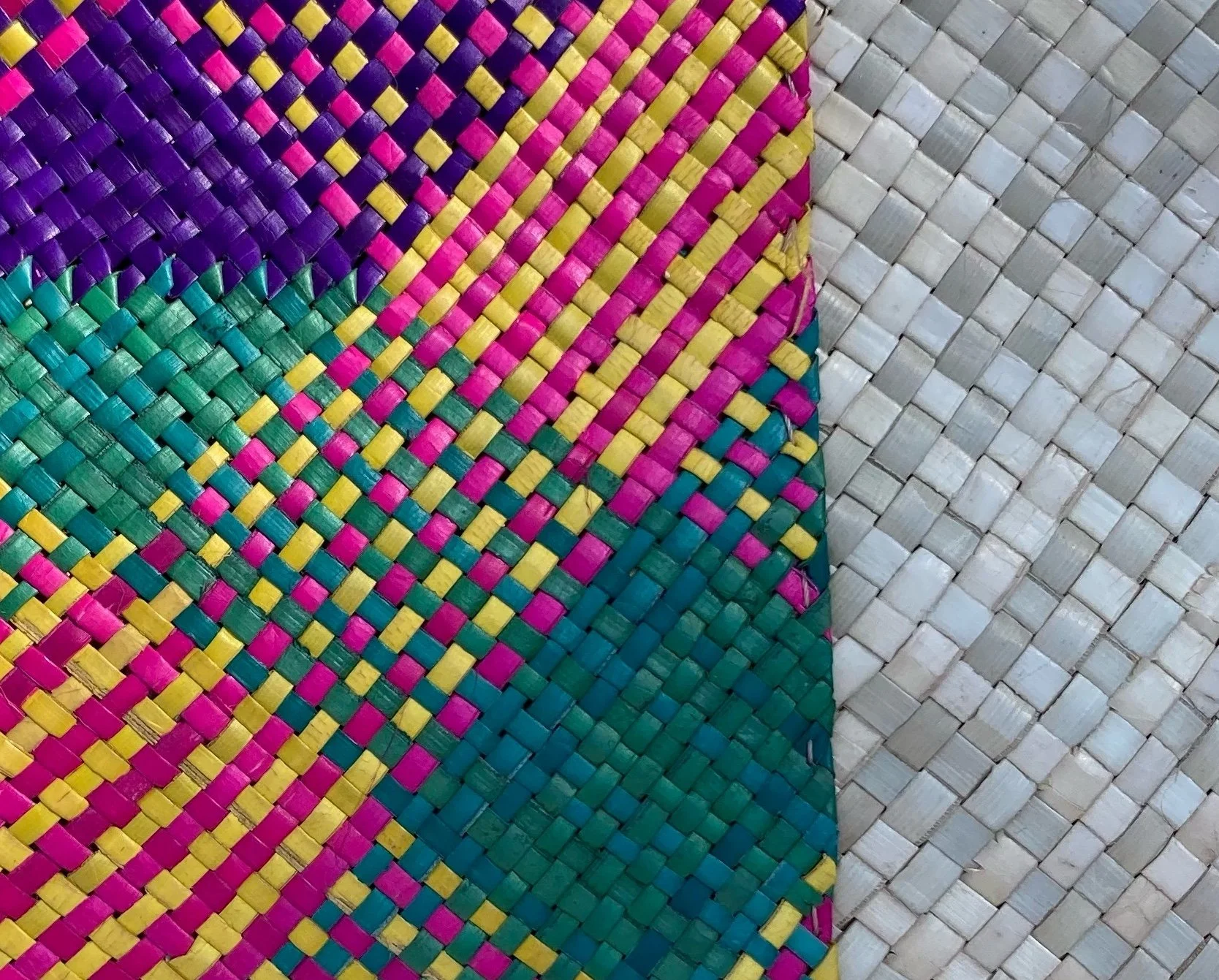Current Research - “Displanting Routes: Sounding Philippine Diasporas” funded by the Stuart Hall Foundation and RACE.ED and the Institute of Advanced Studies in Humanities at University of Edinburgh.
The project seeks to foreground the continuing connections between diaspora and coloniality, by bringing into view less discussed accounts of what the colonization and occupation of the Philippines. The histories of the Asian archipelago are not of one but many peoples with hundreds of islands that were erased by conquest and then assembled into a previously non-existent single nation. Where then is the Philippine diasporic location today, and where does it feature in the lexicon of current cultural identification that has extended beyond the homeland to those who migrate to other countries? Philippine diasporic location today is mid-transit in that it includes a somewhat tenuous and unclear cultural subjectivity. The reasons are intimately connected with how the islands were desecrated, and the land divorced from the peoples with the displacement of enslaved indigenous bodies as labour for the colonial powers. A diasporic conundrum applies to Philippine populations living abroad, a condition emblematic of postimperial transnational cultures that goes beyond previous normative Western monolithic understandings of “exotic” cultures.
As a sound performance artist/writer/thinker, I am intrigued by the pathways and methods of transport that led the multiple peoples to new homes. The sounds of the everyday show the dynamism of lived experience of multiple bodies of multiple generations. Therefore, by actively recording some of these sounds, I become part of the work, mediating present time. I will assemble a bricolage from the research archive to create a listening experience speaking towards the current Philippine diasporic cultural subjectivity.
Current sources:
“We are Ants”: This autobiographical piece is an homage to my family's collective labor. While we carry this village mentality, the sacrifice of separating body from mind is constantly at stake. My need to be in nature, aware of textures and the porous ground beneath me, I look to the desert ant wisdom. This piece was created for the Alon: Journal for Filipinx American and Diasporic Studies for the LEESE STREET STUDIO featured artists in the March 2022 issue.
“Feeding the Crocodile”: Reframing Griselda Pollock’s reading of Freud, where weaving/platting is a form of interpretation, I examine how digestion can be synthesis of indigenous practices with reverence for the power of nature. From out of the crocodile's belly, it is a reclaiming act instead of historical erasure of spiritual leaders.
Many thanks to Dr. Leny Strobel for her interview regarding the collection of essays, entitled "Back from the Crocodile's Belly: Philippine Babaylan Studies and the Struggle for Indigenous Memory" (UST Publishing, 2015). I would also like to thank Dr. Luisa Igloria for her poem, Dear Federico, ( rattle.com/dear-federico-by-luisa-a-igloria/ ). This piece was created for the Alon: Journal for Filipinx American and Diasporic Studies for the LEESE STREET STUDIO featured artists in the March 2022 issue.
De Las Peñas, M.L.A.N., Garciano, A., Verzosa, D.M. and Taganap, E. (2018), Crystallographic patterns in Philippine indigenous textiles. J. Appl. Cryst., 51: 456-469. https://doi.org/10.1107/S1600576718002182
Philippines (2022) migrationpolicy.org. Available at: https://www.migrationpolicy.org/country-resource/philippines (Accessed: 25 May 2023).
